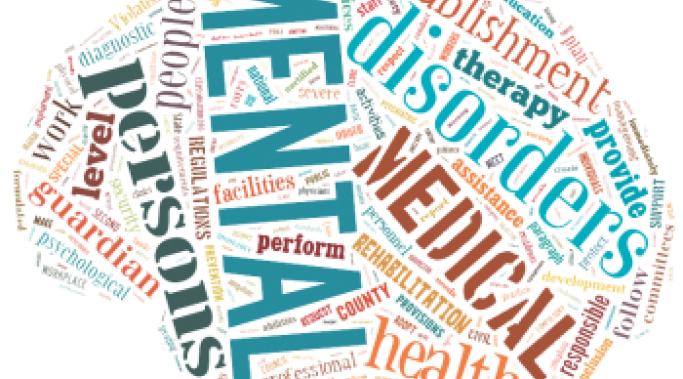Blogs
It's important to treat both the mental illness and the addiction if you have a dual diagnosis. Like most people I know in recovery, I have dual diagnosis (also called co-occurring disorders). This just means that I have been diagnosed with a mental illness in addition to having addiction problems. Dual diagnosis is extremely common--after all, many people abuse substances in order to cover up the effects of a mental illness. If you do have a dual diagnosis, you must treat the addiction and the mental illness.
Do you make excuses instead of choosing to nurture your self-esteem? Making excuses for your behavior or the behavior of someone else drastically depletes your self-esteem and self-respect. It actually makes other people lose respect for you, too. Making excuses leads to blame, which makes harder to start accepting the reality of a situation and moving on with your life. So, stop making excuses and improve your self-esteem.
Most young people at one time or another, have lost self-esteem over the perfect body image. It's easy to see why, when the people they look up to in the media are portrayed as flawless, thin, tanned women on the covers of magazines, and pictures of tall, muscled men. It can be hard for those struggling with society's perfect body image and their own weight issues and can contribute to many mental health issues.
Recovery from posttraumatic stress disorder (PTSD) comes in many forms, one of which is utilizing the transferable principles of a 12-step program in PTSD recovery. Many of us who suffer from PTSD also suffer from addiction to drugs or alcohol, myself included, and we use the 12 steps as a tool for our recovery from addiction. Applying the 12 steps to my PTSD recovery is something that I have found helpful, and you may, too.
I wish to address the good and bad of mental health self-diagnosis after my last blog post Destigmatizing Self-Diagnosis of Mental Illnesses due to the response I’ve gotten. I knew from the moment I thought of writing that blog I would be faced with a large amount of disagreement, and although I didn’t receive as much as I had expected, it was still present. So here is, more or less, a response to everyone who commented and probably even some of those who didn’t on the good and bad of mental health self-diagnosis.
There are plenty of people who don't understand binge eating disorder (BED). Whether their misunderstanding is due to social and cultural conditioning or outright refusal to acknowledge information set in front of them, it can be difficult to navigate social situations with BED (Surviving Mental Illness Stigma in A Judgmental World). It's important to remember that it's not your job to educate anyone and sometimes, no matter what you do, people are not going to understand binge eating disorder.
The words "anxiety," "criticism," and "self-doubt" can be synonyms, closely knit word triplets. Those mere words indicate that anxiety has many effects that tend to make life difficult. One particularly annoying effect of anxiety is sensitivity to criticism. Feeling crushed by criticism is an effect of anxiety, in general, and social anxiety, in particular, where the fear of being judged or of embarrassment can be immense. When anxiety and criticism are overpowering and lead to self-doubt, take heart. There are ways to conquer self-doubt. with with anxiety and criticism
I did a simple, breathing exercise before I started to type this blog. I do this six second breathing exercise every time I sit down at the computer to clear my mind and calm my soul. This easy breathing exercise can create serenity for you, too.
Dissociative identity disorder (DID) alters come in all shapes, sizes, and ages and you need to know how to work with young alters. Alters can stay the same age forever, change age depending on the situation (age-sliding), or age normally. Many systems have alters of various ages, including ones that are older and ones that are younger than the body. It is important to recognize these age differences and work with alters at age-appropriate levels. Young alters can be complicated to work with, but there are things you can do to work better with your younger alters in dissociative identity disorder.
In every marriage with mental illness, taking care of the caregiver is as important as taking care of the mentally ill spouse. Too often we focus on the needs of the mentally ill spouse and forget that the partner supporting them needs love and support as well (The Role of Caregivers for People with Mental Illness). Without much-needed support, caregivers can experience burnout. Not only can their health be compromised if they experience caregiver burnout, but they will also be unable to support their mentally ill spouse. In every marriage with mental illness, taking care of the caregiver is essential.








